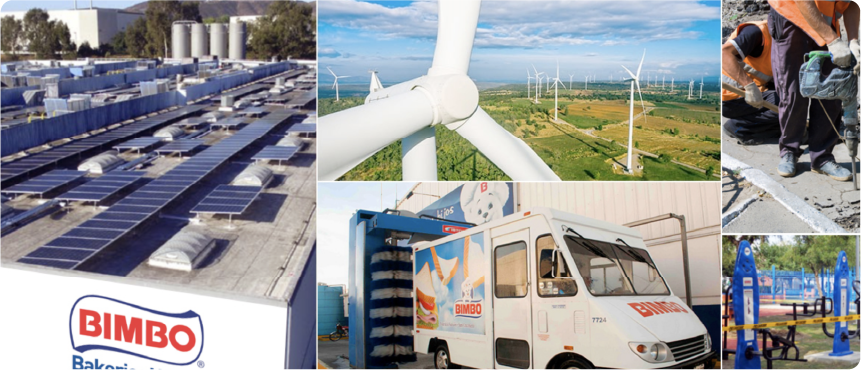

Sustainable Logistics
Boosting Efficiency
and Environmental Protection.
Sustainable logistics is a business strategy that seeks to reduce the environmental impact of logistical operations carried out within a company, while also optimizing efficiency and profitability. This approach has gained significant importance in recent years due to the growing interest in sustainability and corporate social responsibility. This methodology is based on strategies that aim to minimize the environmental impact of various activities within a company, such as transportation, storage, and distribution of goods and services. These practices involve all actors in the supply chain, from suppliers to end customers, to ensure a comprehensive process. The goal of sustainable logistics is to maximize the efficiency of the supply chain while minimizing the consumption of natural resources, reducing gas emissions, and promoting the protection of the environment and biodiversity, thereby generating less harmful impacts on these.
Sustainable logistics is important for several reasons, some of which are:


RESPONSIBILITY
BUSINESS SOCIAL
Environmental Impact:
Logistics is responsible for a large portion of gas emissions; by reducing the environmental impact of logistical operations, we contribute to the fight against climate change and the protection of the environment.
Cost Savings:
Implementing sustainable logistics practices can generate significant long-term cost savings. Reducing energy consumption and optimizing transport routes, for example, can significantly contribute to operating costs.

Corporate Social Responsibility:
Sustainable logistics is a way to demonstrate a company’s commitment to sustainability and corporate social responsibility. This can improve the company’s image and increase customer loyalty. Implementing sustainable logistics in a company requires an integrated and collaborative approach for effective integration. Some of the practices and strategies that can be implemented are:




An example of companies aiming to be logistically sustainable is Bimbo, which focuses on using renewable energies, thus being a company responsible for the environment. But this is not all; their greatest success in being a sustainable company is that they integrate the distribution of their products with sustainability, designing electric vehicles for their logistics.

Today, concerns about environmental issues have led to significant changes, and companies are taking action on these matters. They have discovered that by addressing environmental issues, which are of concern to everyone, they also solve their economic issues, thus being able to save and increase the effectiveness of their processes, turning companies into environmentally responsible and sustainable entities in their logistical processes.



